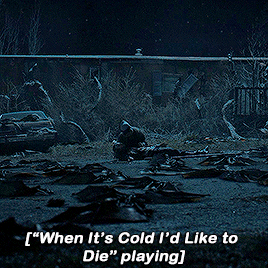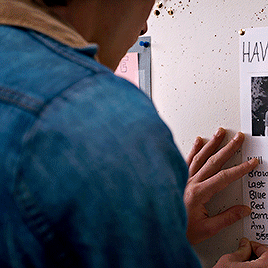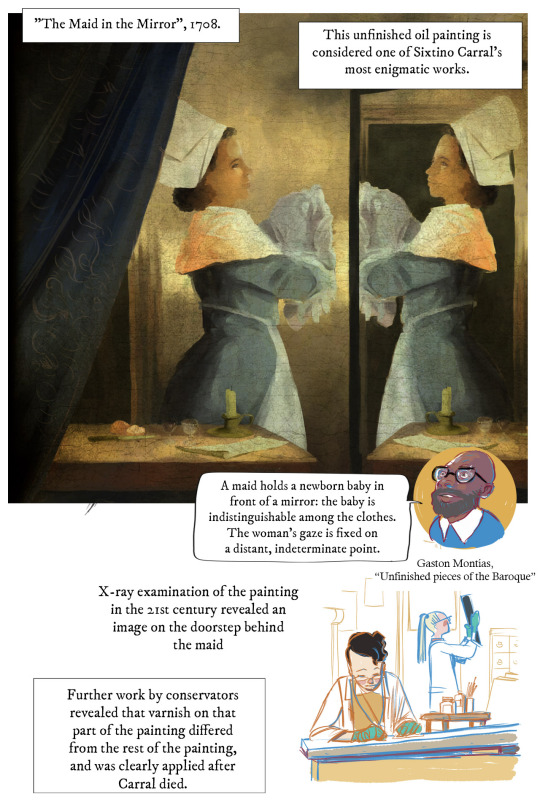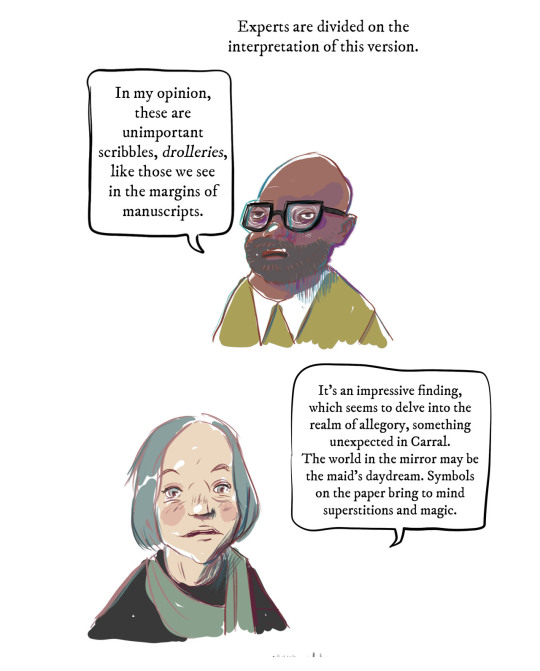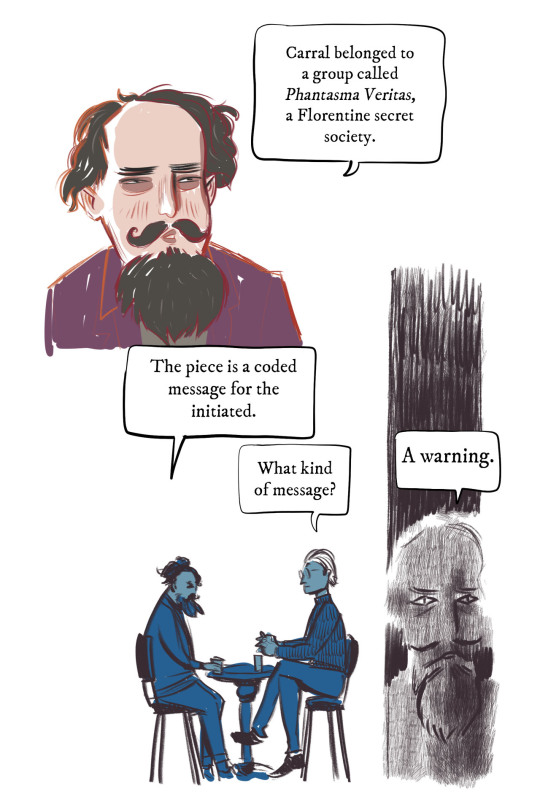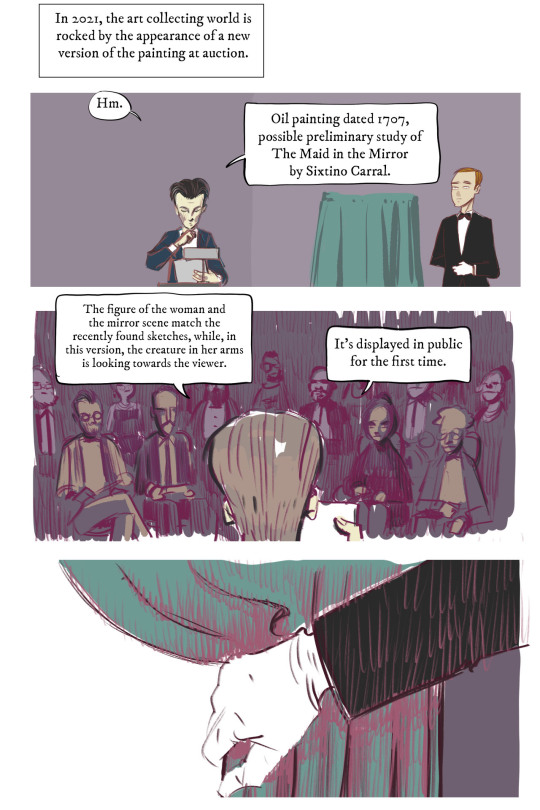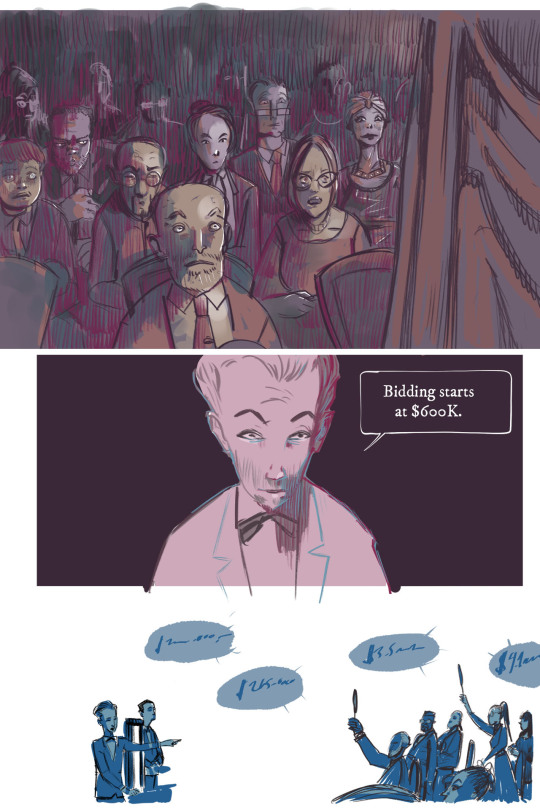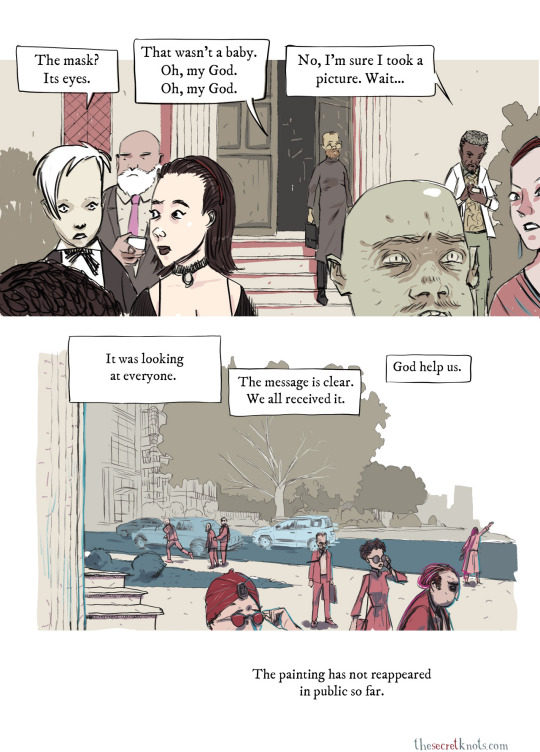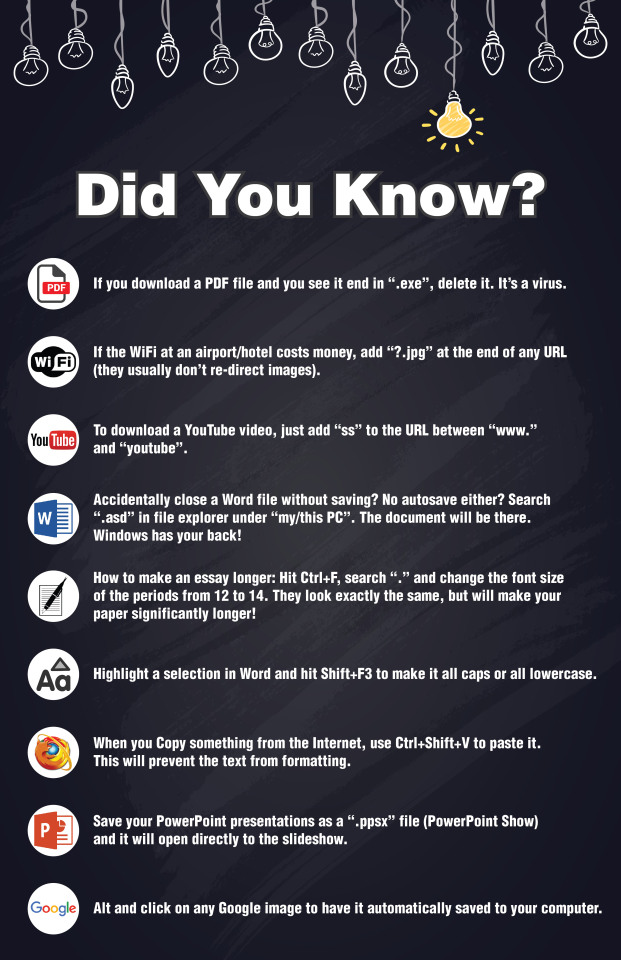Photo

The tasselled wobbegong is a species of carpet shark in the family Orectolobidae and the only member of its genus.
27K notes
·
View notes
Text
103K notes
·
View notes
Text

escorts drunk friend to bed, ends up as his body pillow + nose to nose with his boyfriend
3K notes
·
View notes
Text
Royally Pissed (Korean Slang)
A recent slang term that’s swept the internet is 킹받다.
It was started by a Twitch streamer / webtoon artist called 침책맨. Since it’s internet slang, it’s not a BAD word, but is definitely not a formal term.
킹받다 – Extremely frustrating / Pissed off.
This comes from the meme of replacing the first syllable of a word with 킹 (King) and 갓 (God) aka “the highest form of something”.
인정 (Acknowledge / Agree ) > 킹정
합리적 의심 (Reasonable Suspicion) > 킹리적 갓심
EXAMPLE:
“티모 너무 잘 해서 킹받네” – “This Teemo is too good, I’m tilted”

104 notes
·
View notes
Text
Language Learners 🗣masterlist
Updated 13 March 2022

Saggie’s introduction
Understanding sentence structure 1
Understanding sentence structure 2
Be proud of your language skills (popular post)
Why accent marks are important
Stop mumbling
Stop stereotyping countries based on movies, television shows, and the media
How I learn without studying
Stop apologizing
Maybe you need to work on your native language first
Practice with the same language
Understanding shortened words
You have to speak (popular post)
Read between the lines
Listening - lesson
Reading- lesson
Respecting different cultures-lesson
Language scramble- lesson
How to learn a language at home (popular post)
Learn more vocabulary
Soy bilingüe
Inequality
Correct your language partners mistakes
Speaking/Listening
How to learn a language with a busy schedule
2K notes
·
View notes
Text
on top of/ in addition to/ and also/moreover
(으)ㄴ/는 데다가
adjective (으)ㄴ 데다가
진 씨는 잘생긴 데다가 성격도 좋아요
in addition to being handsome, jin also has a nice personality
도 (also) is often used with this structure
present tense 는 데다가
열이 나는 데다가 기침도 많이 나서 힘들어요.
i have a fever, and also coughing, so i am really exhausted
past tense (으)ㄴ 데다가
홈쇼핑이 가격 싼 데다가 편해요
on top of being cheap, home shopping is also comfortable
nouns 인 데다가
유미 씨는 부자인 데다가 똑똑해요
on top of being rich, yumi is also smart
a shorter form can also be used: (으)ㄴ/는 데다
어젯밤에 잠을 못 잔 데다 요즘 일도 많아서 너무 피곤해요
in addition to not sleeping last night, i've also got so much work to do these days, so i'm really tired
140 notes
·
View notes
Note
What is the difference between -게 하다 and -게 되다?
Great question! First, we need to understand that 하다 is active whereas 되다 is passive! Your next question might be, “but omg, SK101, I’m not good at English grammar, too; what the hell is passive and active?”
Another great question!
The active voice is when the speaker/subject performs the action or is described directly–they did it, caused it, performed it; you’re gonna see people commonly use these ways to explain the active voice. In English, the active voice can look something like this:
I studied Korean; (저는) 한국어를 공부했어요
As you can see, I (the subject) am the one that studied Korean of my own volition. I caused the “Korean studying.”
The passive voice is when the speaker/subject does not perform/cause/do the action. Instead, the subject is affected by the action/performance. I understand this may be difficult to understand, so I’ll spend more time on this.
When can you use the passive voice?
When we have more interest in the object that experiences the action
When we don’t know (or don’t want to express) who performed the action (this is an academic loophole when we didn't do the proper research to support a claim)
When we want to emphasize the action!
The passive voice is not grammatically incorrect (take it from a linguist and someone who minored in creative writing). You will hear people say that the passive voice is not good or is ungrammatical (some bs like that). Even in Korean, the passive voice is entirely natural and used in everyday contexts.
The passive voice in Korean may look like this:
한국어가 (저에게) 공부됐어요; Korean was studied (by me)
The prepositional phrase “by me; 저에게” shows that we know who studied Korean. This may still be confusing, so let me give you another example:
부엌을 청소했어요; I cleaned the kitchen.
부엌이 청소됐어요; The kitchen has been cleaned.
Let’s add more context to the sentence to understand the situation better.
집에 도착했을 때 부엌을 청소했어요; When I got home, I cleaned the kitchen (meaning, I saw the dirty kitchen and cleaned it)
집에 도착했을 때 부엌이 청소됐어요; When I got home, the kitchen was cleaned (meaning, someone (unknown or otherwise) cleaned the kitchen when I was out)
*gasp!* Yes, by now, you've noticed that 이/가 goes with passive!
Now, onto your question: what's the difference between -게 하다 and -게 되다?
-게 하다: causative
The causative aspect shows that A causes B to happen. Pretend you have a younger sibling–here are some examples:
동생은 저를 늦게 했어요; My sibling made me late
저는 동생이 문제를 이해하게 했어요; I made them understand the problem
저를 귀찮게 했어요; You (the sibling) bothered me!
(저는) 동생을 화장품으로 예쁘게 했어요; I made my sibling pretty with makeup
A (동생/저) causes B to happen. B does not mean the recipient (저/동생) of the action – B represents the action.
-게 되다; to become (passive)
This grammar point shows that B changes A! Let’s use the examples from above.
동생이 화장품으로 예쁘게 됐어요; my sibling became pretty with makeup
동생 때문에 제가 귀찮게 되었어요; my sibling has been bothering me
문제가 동생에게 이해하게 되었어요; my sibling came to understand the problem [more literally; the problem was understood by my sibling]
동생 때문에 제가 늦게 되었어요; I became late because of my sibling
Now, I'm sure you've noticed that there are two spellings of a conjugated '되다'. The only difference between '되었어요' and '됐어요' is that '됐어요' is a contraction of '되었어요'. You may have other Korean learners attempt to tell you that you write one [되었어요] and speak the other [됐어요]. This isn't not true; it's just not a rule written in stone. You are very much able to write the contracted '됐어요' instead of the regular '되었어요'. In fact, native Korean speakers do this all the time. It would be like saying we shouldn't write any English contractions because it's not grammatically correct--it's just wrong. The rules of '되다' are more complex than just written and spoken, but that's a blog for another day.
I hope this helped answer your question! If you're still confused, don't hesitate to send me another ask or pm me! I'm always open to clearing up any confusion or directing you to a source that may help!
Happy Learning :)
~ SK101
199 notes
·
View notes
Text
Vocabulary: Tastes & Textures (맛과 질감)
안녕하세요! Hey everyone! I have a vocab list for y’all today – tastes and textures (or just words to describe food lol). I have a vocab list about food and drink here if you want to check that out as well, but this one gives you words to talk about those foods and drinks!
I also just posted an Instagram post here that includes some of these words with visuals if that’s helpful! I recommend checking it out :)
Bad (as in not delicious) = 맛없다
Bitter = 쓰다
Bland = 싱겁다
Chewy = 쫄깃쫄깃하다 / 쫀득쫀득하다
Cold = 차갑다
Creamy = 크림 맛
Crunchy = 아삭아삭한 / 바삭바삭한
Delicious = 맛있다
Fresh = 싱싱하다
Fruity = 과일 맛
Greasy = 느끼하다
Hard = 딱딱하다
Hot = 뜨겁다
Juicy = 즙이 많다
Refreshing = 상큼하다
Rich / Greasy / Oily / Fatty = 기름지다
Ripe = 익다
Rotten = 썩다
Salty = 짜다
Savory = 고소하다
Sharp = 톡 쏘는 듯하다
Soft / Tender = 부드럽다
Soggy = 눅눅하다
Sour / Tart = 시다
Spicy = 맵다
Spongy = 스펀지 같다
Stale = 신선하지 않다
Sweet = 달다
Tangy = 톡 쏘다 / 맛이 짜릿하다
Umami = 우마미 / 감칠맛
Warm = 따뜻하다
I hope this list is helpful! 어떤 맛을 제일 좋아하세요? What kind of flavor is your favorite? Comment it in Korean below! See you in the next lesson! 다음에 또 봐요!
My masterlist
Join my Discord chat here to practice Korean with others!
Follow me on Instagram here for more Korean content!
Get Drops Premium using my affiliate link to expand your Korean vocab!
Check out my Ko-Fi to support this blog and my studies! Thank you for your generosity!
661 notes
·
View notes
Text
Hashtag 먹스타그램 (Cool Korean Part 1)
Have you ever seen the word 먹스타그램 before when you're on Instagram?
This word is a compound slang comprising of two words:
먹다 To eat and 인스타그램 meaning Instagram
But what does this word mean?
먹스타그램 literally means - Food Instagram but it is used as a hashtag for 'food shots' or 'Food pictures'
So if you want to share pictures of your tasty dinner use the hashtag 먹스타그램 to share your food photos with a Korean Speaking audience! Or to help with your studies search instagram using this hashtag to find posts and build your Korean Vocab bank!
Happy Studying everyone! X

Gif not created by me. All credit should go to the original creator.
69 notes
·
View notes
Text

As many of you are getting closer to the finals, I thought it might be helpful to post about some apps that are really helpful for me - and more students. @masterpost @studyblrmasterposts
You’ll thank me later hehe
So, let’s start with my faves:

Productivity
Can’t concentrate? Your phone only distracts you because… Oh, wait, a new snap from my best friend…
Yeah, you know what I’m trying to say: If you are struggling with focusing on one thing and you get distracted fast - this app is gonna save your ass.
It works pretty simply:
There’s a tree, k? A smol lil tree. And this tree can only grow with your help - that means that it grows if you don’t open any apps on your phone during a certain amount of time (which you decide). If you open an app (which isn’t on your Whitelist) - your tree dies. Yep. You’re a monster. You killed an innocent tree.
“But… But I don’t want to be a killer..!” you say. Well, if you really stay focused, your lil tree will grow and become a big tree. And guess what - you’ll earn some coins. Which let you buy new trees - ähm - forms.
Can be installed on a laptop, too.
(Text me, if you want to create a so-called room - it’s a multi-player option for focusing together, which is only available for pro version, but it’s pretty cool!)

Flashcards (Review)
I’m still crying because of the smol, dead tree. But how can I explain my French friend that the tree is dead… oh, and his cat too?
For revising vocab or learning brand new stuff it is possible to learn with Quizlet. This app makes it possible to create your own flashcards or search through flashcards from other users. If Philippe has a better french flashcard map than you, it’s pretty obvious that you should use his.
There are cool methods you can use (they may not all be able to use while on a smartphone), e.g. matching pairs, flashcards revision, and more great stuff!
Works on Laptop and on mobile devices.

Practice (Exchange)
Well, now that you have mastered the basic skills of writing some words and so on, you'll need to practice this with someone else than your poor dog.
I mean, come on, he cannot not listen.
So, that means that you’ll need to write and maybe even talk to somebody who is able to correct you and won’t bark all the time or bite you. “Speaky” allows you to do both - nope, I'm not talking ‘bout barking and biting. With “Speaky” you can search speakers of your preferred language and lets you write them a message. If they accept your request (I mean, you’re not a creep, right?), you will be able to chat. If you make a mistake they can use the function which can correct your message in a very visible way - the red part is the false one and the green one is the corrected sentence.
But writing is not everything - it’s called “Speaky”, right? Well, then let’s just try voice mail! :D It’s a great tool, even if you need to be in a quiet place - Nah, please not your bathroom, k?
This app is available on laptop, too.
(Oh, and don’t forget - it’s a win-win situation if you offer your help there to someone who wants to learn your language.)
More apps coming soon!
4K notes
·
View notes
Text
How to Study for the AP Language and Composition Exam
Hi friends. Back with a post on studying for the AP Lang exam. First, let me give you a break down of the test. The first section is multiple choice, and consists of 52-55 multiple choice questions. You’ll have 4-6 passages that range from classic to contemporary with about ten questions per passage. The MC portion is 60 min long, and counts as 45% of your grade. The second half of the exam is the writing portion. This portion is 2 hrs and 15 min, or 135 min long. You have 15 min at the beginning; this time is supposed to be where you read the essay prompts and intros, but you can use it however you like (we’ll talk abut using this time efficiently later!). Then you have 120 min or 2 hrs to write the three essays, with about 40 min for each essay. The three essays are synthesis, rhetorical strategies, and the argument, and they usually go in that order. This portion is 55% of your grade.
First off, by the time the exam comes around, you’ll be more prepared for it than you think. You have so much knowledge and know-how already, all you need to do is tap into that knowledge. When it comes down to it, taking the test will be a lot like doing practice MC in class or writing in-class essays/timed writes. You have all the skills and knowledge you need. You just need to activate it.
When should I start studying? As early as possible. I would say a month or three weeks before the exam. That early? Yup. Depending on how many other APs you’re taking, you might have a ton of other stuff to study for, and Lang might get pushed to the side. So STUDY EARLY.
Studying for the Multiple Choice:
I recommend starting practicing multiple choice in late December/early January. Start off with just one passage. Let’s say the passage has 15 questions. Theoretically, according to how much time you get on the actual exam and how many questions there are, you want to be doing a question a minute. Instead, for a 15 question passage, start off with 20 min. Keep doing a set of one passage + about 15 questions until you can do the whole thing in 15 min. Start with 20 min, then do 18 min, then 17, then 16.5, then 15, and keep shortening the time frame. Try adding another set of passage + questions. Try doing two passages in 30 min. Keep adding passages and shortening the time frame. Remember you want to average about a minute per question. Also keep in mind you have to read the passage, and you get a mix of passages. Some will be from the 1600-1800s and will take longer to read.
Start off with a set (1 passage + questions) a week. Keep adding sets until you’re doing 52-55 questions (a whole mc test) a week. The nice thing about mc is that they don’t take that long. If you don’t have enough time, just squeeze in one set and try to do it in 20 min.
Using the pomodoro technique: A nice strategy to try is using the pomodoro technique for a full mc test (52-55 questions). Do a single set, then take a five min-10 min break. Then do the next set, and take another break. Continue doing sets and taking breaks until you’ve completed a full mc test.
What you really want to do is make sure that you can complete mc in a timed setting. It’s ok if you don’t do a whole mc test every week, or in one whole sitting. As long as you can average a minute per question and get all the mc done in a timed period, you’ll be ok.
Mc passages vary in difficulty. Passages from older time periods are supposed to have easier questions. Some people find older passages easier, and others find them harder. It’s different for everyone. Work with all different kinds of passages; expose yourself to everything. You may find that a certain kind of passage is easier.
Once you finish a set or a series of questions, check your answers. When you check your answers, make sure you understand why you got questions wrong and why the correct answer is right.
There are several different types of questions. Figure out which ones are hardest for you. Look out for questions with the words NOT and EXCEPT. There is one tricky question where you have multiple possible answers. I recommend taking the first three possibilities and looking back in the text for examples of them, and checking off which ones appear.
Ex. Chavez uses pathos in the passage to communicate that violent revolution is counterproductive revolution.
A. diction
B. detail
C. pathos
a. just A
b. just B
c. just C
d. A and B
e. A, B, and C
Also be aware that you need to know citations, as in stuff you’d find in a bibliography, i.e. what the abbreviation for multiple authors is and whether something is a journal or magazine, etc.
Studying for the Writing Portion/Free Responses:
It depends on how much practice you’ve had writing the essays under timed conditions, but if you’ve had a lot of in class practice you should be fine. In fact, writing these essays is almost like doing an in class essay/timed write. The only difference is that you have 3 essays to write. It sounds crazy, but that’s how you should think about it. This is just another in class essay/timed write. You have done this so many times. You can write these essays.
Read sample prompts for all three essays, synthesis, rhetorical strategies, and argument. Read sample intros for the synthesis and all the sources. Practice annotating the sources. Read sample passages for the rhetorical strategies essay. Keep an eye out for what the intros/prompts are like and what they ask you for. Some will ask you for specific techniques or devices, some won’t. Some will ask you to analyze for purpose, or tone, or purpose AND tone. Some will ask about the audience. When reading sample rhetorical strategies prompts, always annotate the passages. This is a really great studying strategy. Annotate the passages, look for strategies and devices, and write the SOAPS. Familiarize yourself with what will be on the exam.
Read sample essays people have written in the past. You can access past essays and prompts here. Try scoring the essays yourself, then look at what the table readers actually gave the essay. Read the scoring guidelines/rubric. Familiarize yourself with how the essays are scored. Did they effectively analyze/synthesize? Did they adequately analyze/synthesize? Did they inadequately analyze/synthesize? What do you need to do to earn an 8 or 9? What constitutes as effective analyzation/synthesis? What constitutes as adequate analyzation/synthesis? Answer these questions for yourself.
Annotate sample prompts and read and score sample responses/essays with a study buddy. I had a study buddy all throughout lang and it helps so much to have someone to talk things over with. Sometimes someone might understand a passage or prompt better than you and they’ll be able to explain it in a way that will help you in a future. They also might be able to give you input about your commentary or essays.
Try writing practice paragraphs. What? Just paragraphs? Yup. I recommend doing just paragraphs. For synthesis, annotate the sources and then write an intro and 1 body paragraph. For analysis, write an intro and 1 BP. Do the same for the argument. Writing a whole 40 min is time consuming. Writing just the into and BP is helpful bc it teaches you to churn out intros quickly. Learn to write good intros in a short period of time. Time yourself. See how long it takes you to write an intro and BP, and then shorten that time period. Remember you want quality work over quantity work. Less commentary but good commentary is better than a lot of redundant and weak commentary.
A week or two before the exam, compare your current writing to wiring from December/January, and writing from the beginning of the school year. Do you like where you are now? Do you see improvement? I actually hated the way I wrote rhetorical strategies essays right before the exam. I liked my RS essay style from the fall and winter. I read my old essays and paragraphs and keyed in on what I disliked about my writing and what I wanted to improve. I found that my style was getting in the way, I was often restating what the author said, and my own opinions were hindering my ability to write good commentary. I kept these things in mind when writing the RS essay on the exam, and it really helped. Keep an open mind when it comes to your writing! There is always room for improvement.
Study the rhetorical devices: diction, detail, syntax, organization, and point of view. Study techniques like aphorisms, apostrophe, etc. Study persuasive techniques: pathos, ethos, logos. Study satirical devices. Make flashcards. This is where annotating passages comes into play. Annotating passages with a list of devices by your side. Practice finding devices in authors’ writing.
Study References:
Here you can find real student free responses, scoring guidelines, and past essay prompts.
Here you can find a past MC test and info abt the exam.
Here are some general tips for the class itself and studying.
Here are practice MC tests, free response tests, vocab, and some other stuff.
Here is an online full practice exam.
Here is another online practice MC exam.
Here you can find practice MC and free responses.
Here is a pdf file of a full exam.
This is the CliffNotes AP Lang book which I used and highly recommend! It has practice tests w/ explanation and tons of sample essays to read and glean from.
Note: I prefer mc tests you can print out rather than online mc tests. You’ll have an actual packet on the test that you can write on, and I think it’s important to simulate that same atmosphere/environment when studying. Don’t let that stop you though! Print things out and do things online! Online tests are good for squeezing in quick study time when time is sparse!
It’s a bit too early to be studying haha! I’m on holiday and left my materials and resources at home so I’ll probably have posts on the essays up next week. In the meantime, I hope everyone who’s going back to school has a great first start!
- Faith
359 notes
·
View notes
Photo

i’m taking ap english language and composition this year (school starts in t h r e e days ahh!!!), so i figured i’d make a masterpost of resources and tips for my own reference + to help u guys out!
01 // advice people have given me:
take really good notes!!! you’re going to need them
read all required reading. do NOT use sparknotes or anything like that because you will miss all of the little details that are essential.
buy the barron’s prep book (it’s the best one)
learn to annotate properly because it’s another skill necessary for this class
take notes in a dialectical journal format like this one here
02 // reading list for my school + online pdf of each book
The Great Gatsby by F. Scott Fitzgerald
Adventures of Huckleberry Finn by Mark Twain
Their Eyes Were Watching God by Zora Neale Hurston
The Grapes of Wrath by John Steinbeck
Catcher in the Rye by J. D. Salinger
The Scarlet Letter by Nathaniel Hawthorne
The Crucible by Arthur Miller
One Flew Over the Cuckoo’s Nest by Ken Kesey
03 // links from authorities on the subject
Collegeboard ap english language and composition home pagge
Collegeboard exam practice
Ultimate list of tips
Guide to the exam
Free diagnostic tests
Synthesis essay rubric
Test score calculator
Another essay rubric
Quizlet flashcards
More flashcards
Exam prep
04 // apeng specific studyblr posts
Exam tips by @memorisu
A bunch of tips by @studics
A masterpost I made a while ago with a bunch of links
Some more links by @nothingadventured-nothinggained
Rhetorical analysis: strong and weak verbs by @gryfhindor
How to write a rhetorical analysis essay by @scissorstudy
A few more links by @chemlstry
Ap lang vs ap lit + exam tips by @novanovelist
More tips by @sabitcher
Review posts by @scholasticwhimsy
Practice materials by @thegrapesofangst
How to study for the exam by @byologee
Writing the essays by @byologee
Exam packets and resources by @apbymichelle
How to study by @darthmvthensis
Exam format by @carmiestudies
Exam study resources by @darkmvthensis
ap rhetorical devices part 1 by @carmiestudies
More misc links by @studaeing
05 // my favorite english/writing posts
Websites for writing essays by @intellectys
Tips for time essays by @fuckstudy
How to annotate a novel by @englitstudent
How to write conclusions by @rewritign
Using the p-e-e-l method for essays by @iverdiatur
Annotating + taking notes from literature by @noteology
Annotating effectively by @hideandstudy
Academic writing masterpost by @thescholarlysquad
Academic writing resources by @nimblesnotebook
How to write an essay by @captainnaustralia
Literary analysis by @antigonick
and that’s all I have for you! thank you for reading, and good luck to everyone taking this class 💖💖💖
1K notes
·
View notes





